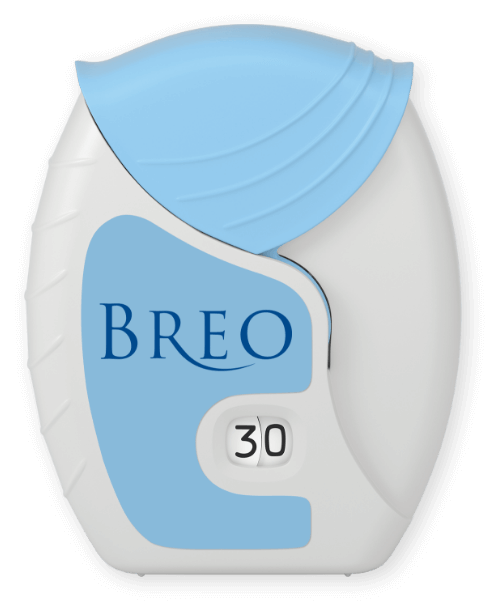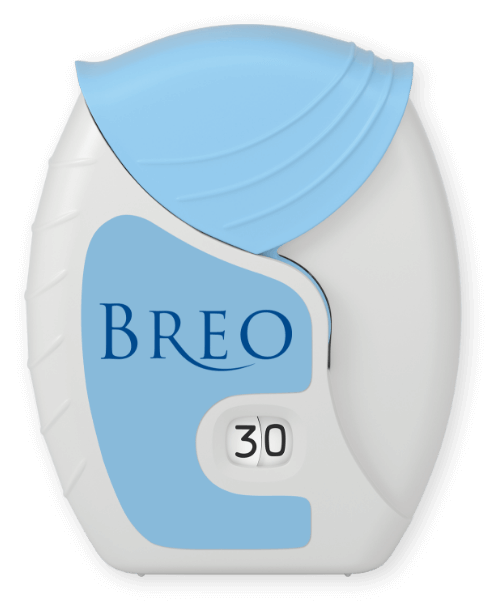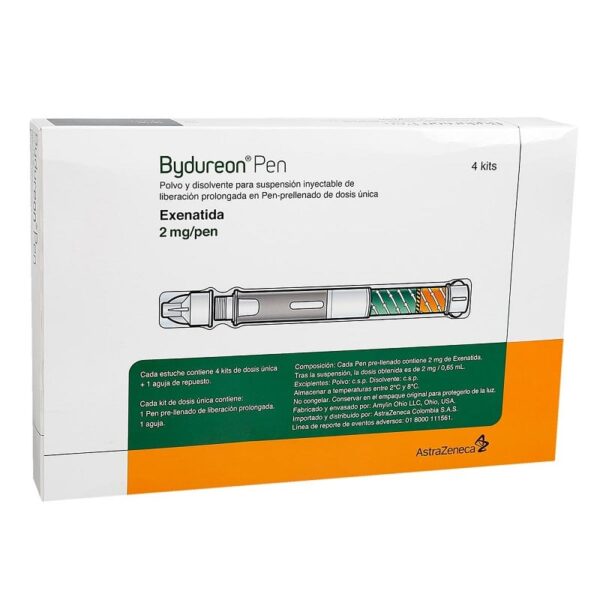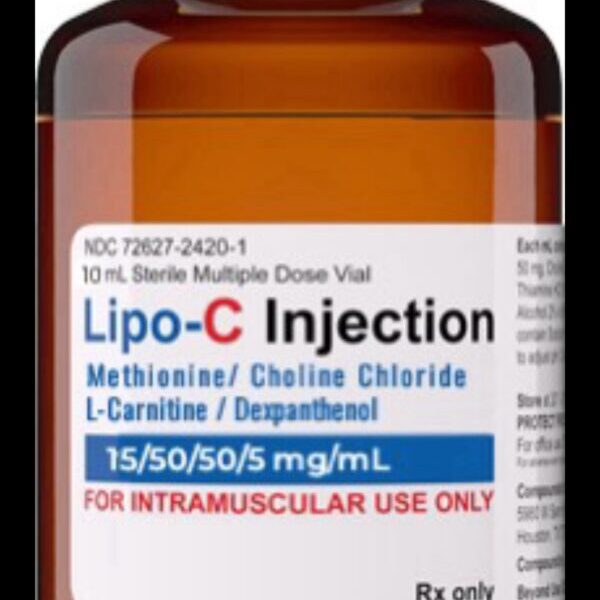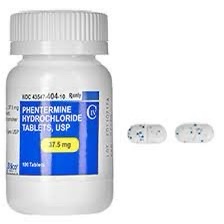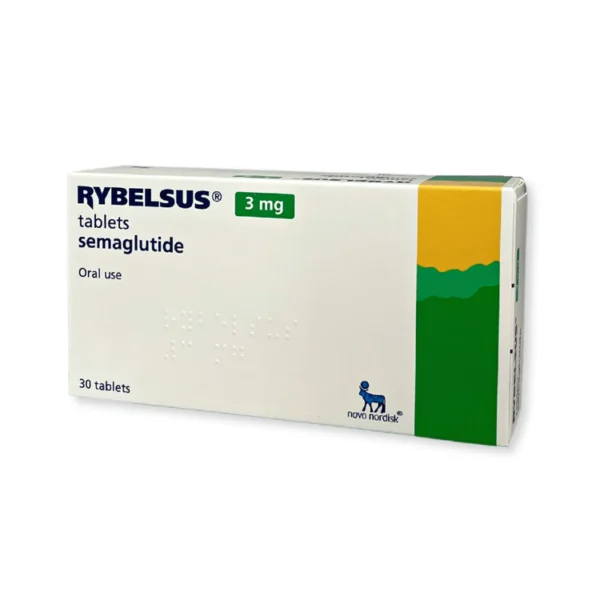Breo Ellipta Description
Breo Ellipta inhalers contains a combination of fluticasone and vilanterol. Inflammatory substances in the body are prevented from being released by fluticasone. By relaxing muscles in the airways, Vilanterol works as a bronchodilator to improve breathing. By reducing inflammation (swelling) and opening up the airways in your lungs, fluticasone (corticosteroid) and vilanterol (long-acting beta-agonist) make breathing easier.
It is possible to use Breo Ellipta alone or in combination with other medications. However, it would be vital to discuss any medication usage with your healthcare specialist.
The drug Breo Ellipta is classified as a Beta2 agonist, corticosteroids, inhalants, and respiratory inhalant combinations.
The Breo Ellipta combination is a once-daily medicine used in adults with asthma and COPD (chronic obstructive pulmonary disease) to treat symptoms and prevent attacks of bronchospasm and asthma.
Breo Ellipta is intended for long-term treatment of COPD. For people with asthma, this medicine is used for short-term treatment until symptoms are controlled by other medications.
In people with asthma, Vilanterol alone may increase their risk of death. As a combination product, fluticasone and vilanterol do not increase this risk.
The safety and effectiveness of Breo Ellipta in children are unknown. Breo is only available as a brand-name drug. Currently, it isn’t available in generic form.
Ellipta is also found in Trelegy.

Precautions
You should inform your doctor or pharmacist if you have any allergies to fluticasone or vilanterol. There is a possibility that this product contains inactive ingredients (such as milk proteins), which may cause allergic reactions. Talk to your pharmacist for more details.
Tell your doctor or pharmacist about your medical history before taking this medication, especially if you suffer from high blood pressure, bone loss (osteoporosis), depression, diabetes, eye problems (cataracts, glaucoma), heart problems (angina, irregular heartbeat), a recent infection, liver problems, hyperthyroidism, seizures.
There is a possibility that fluticasone/vilanterol may cause a condition that affects the heart rhythm (QT prolongation). It is rare for QT prolongation to cause serious (rarely fatal) fast/irregular heartbeats and other symptoms (such as severe dizziness, fainting) that require immediate medical attention.
Certain medical conditions or drugs that may cause QT prolongation may increase your risk of QT prolongation. Tell your doctor or pharmacist about all medications you take before taking fluticasone/vilanterol, as well as any of the following conditions: certain heart problems (heart failure, slow heartbeat, QT prolongation in the EKG), family history of certain heart problems (QT prolongation in the EKG, sudden cardiac death).
You may also be at risk of QT prolongation if you have low potassium or magnesium levels in your blood. The risk may increase if you use certain drugs (such as diuretics/”water pills”) or if you suffer from conditions such as severe sweating, diarrhea, or vomiting. Consult your doctor before using fluticasone/vilanterol.
It may be harder for your body to respond to physical stress if you have switched from a corticosteroid taken by mouth (such as prednisone tablets) to this inhaler within the past 12 months, or if you have been using it in high doses for a long time. In case of a serious illness or injury, tell your doctor or dentist that you are taking this medication or have taken a corticosteroid by mouth within the past 12 months before having surgery or emergency treatment. If you feel unusually tired or lose weight, tell your doctor as soon as possible. Make sure you have a medical ID bracelet or warning card that states you use (or have used) corticosteroids.
Be sure to tell your doctor or dentist about all the products you use (including prescription and nonprescription medications).
Fluticasone/vilanterol may increase your risk of getting an infection or worsen an existing infection. Keep away from people who have infections that can spread to others (e.g. chicken pox, measles, flu). If you have been exposed to an infection or would like more information, contact your doctor.
A child’s growth may be temporarily slowed down if this medication is taken for an extended period of time. Growth can also be slowed down by poorly controlled asthma. Regularly check your child’s height with the doctor.
This drug may cause QT prolongation in older adults, which is more common in older adults.
Pregnant women should only use this medication when clearly necessary. Consult your doctor about the risks and benefits. There is no information on whether this medication passes into breast milk. It is known, however, that similar drugs pass into breast milk. Consult your doctor before breast-feeding. See pregnancy tab for more information.
Usage
Follow your doctor’s instructions exactly when using Breo Ellipta inhalation powder. Make sure you follow all directions on your prescription label and read all medication guides and instructions. There may be times when your doctor changes your dosage.
For asthma or bronchospasm attacks, Breo Ellipta is not a rescue medicine. A fast-acting inhalation medicine should be used during an attack. Whenever your breathing problems worsen or if your asthma medication does not seem to be helping, seek medical attention.
Breo Ellipta is a powder that comes with an inhaler that contains blister packs preloaded with measured doses of the medicine. Breo Ellipta blisters are loaded into the inhaler each time it is used. Inhaler instructions should be followed.
Don’t take the medicine more than once in a 24-hour period, and use it at the same time each day.
Surgery, illness, stress, or a recent asthma attack may change your dose needs. Your doctor should be consulted before changing your Breo Ellipta dose or dosage schedule.
The inhaler device should always be rinsed out after use, to prevent thrush (a fungal infection in the mouth or throat).
Your doctor will need to monitor your lung function regularly while you are using Breo Ellipta. It may also be necessary to check your vision and bone mineral density.
Breo Ellipta may be stopped once your asthma has been controlled by your doctor. Do not stop using the medicine unless your doctor tells you to. Keep all follow-up appointments.
Side Effects
There are many medications that can cause side effects. An unwanted side effect occurs when a medication is taken in normal doses. In addition to mild and severe side effects, temporary and permanent side effects can also occur.
Not everyone who takes this medication experiences the side effects listed below. Discuss the risks and benefits of this medication with your doctor if you are concerned about side effects.
This medication has been reported to cause the following side effects by at least 1% of people who take it. There are many ways to manage these side effects, and some may even disappear on their own over time.
In case of severe or bothersome side effects, contact your doctor. You may be able to get advice on managing side effects from your pharmacist.
● Pain in the abdomen
● Feeling anxious
● Pain in the back
● Coughing
● Feeling dizzy
● The flu
● Migraine
● Blockage, itching, or runny nose
● Pain in the joints
● Muscle spasms
● Back of the mouth pain and irritation
● Hoarseness of the voice
If you do not check with your doctor or seek medical attention, many of the side effects listed below could have serious consequences.
If you experience any of the following side effects, contact your doctor immediately:
● Osteoporosis (bone pain or fractures). Inform your doctor if you are taking medications such as Prolia for treatment.
● The symptoms of the flu (loss of energy, fever, cough, sore throat) include rash, pins and needles sensation, and worsening breathing difficulties
● An increase in blood pressure
● An irregular or increased heartbeat
● Symptoms of electrolyte imbalance (e.g., muscle cramps, weakness, irregular heartbeat)
● Symptoms of pneumonia (e.g., fever, chills, shortness of breath, coughing)
● A corticosteroid overdose is characterized by rapid weight gain, sweating, thinning skin, dry skin, and muscle weak
● A sinus infection or a throat infections
● The symptoms of cataracts include cloudy vision, blurry vision, and eye pain.
● Common cold symptoms (e.g., sinus congestion, runny nose, sore throat, general feeling of unwellness)
● Shortness of breath, coughing, chest discomfort, coughing up mucus are symptoms of COPD.
● Symptoms of high blood sugar include frequent urination, increased thirst, excessive eating, unexplained weight loss, poor wound healing, infections, and fruity breath odor.
● The symptoms of glaucoma are blurred vision, halos of bright colors around lights, red eyes, increased pressure in your eyes, and eye pain or discomfort.
● Thrush symptoms (sore, raised patches in the mouth)
In the event of any of the following symptoms, stop taking the medication and seek immediate medical attention:
● A serious allergic reaction (e.g., abdominal cramps, difficulty breathing, nausea, vomiting, or swelling of the face and throat). More information in the next tab.
● Following the use of the medication, sudden shortness of breath or wheezing may occur
Other side effects may occur in some people. If you notice any symptom that worries you while taking this medication, contact your doctor.

